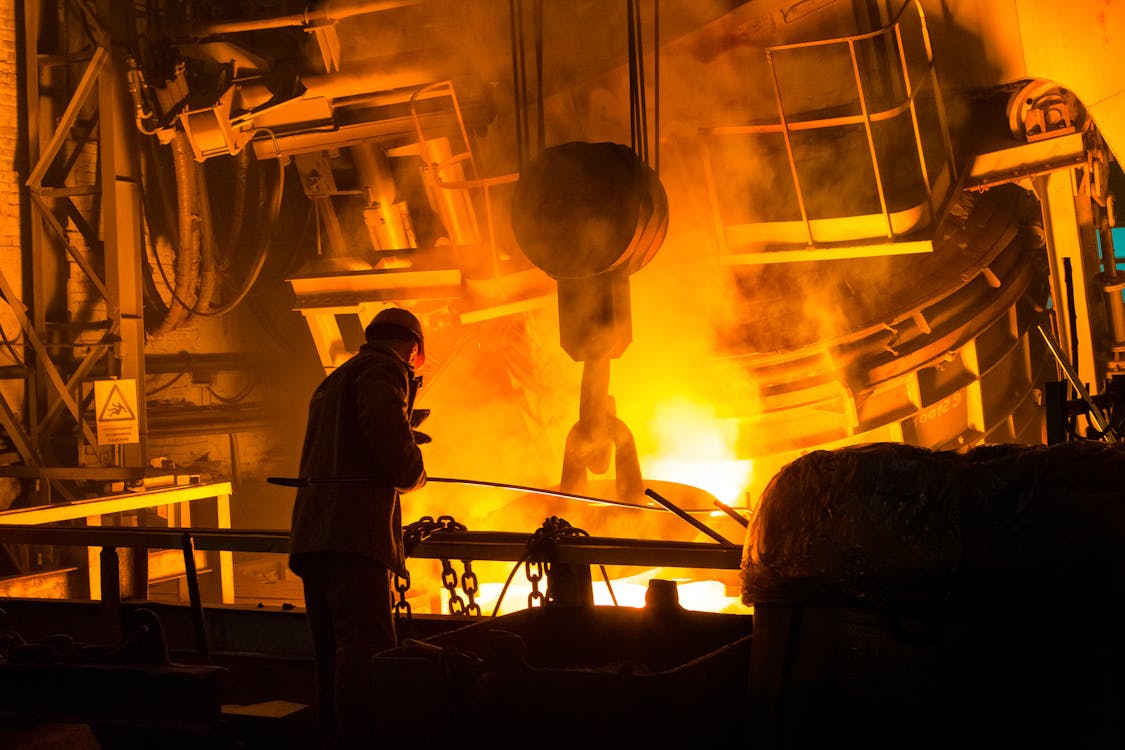When a designated land is reserved for fuel extraction, several assessments are made by the fuel extracting company for cost/benefit analysis and the output of the hard work that will go into obtaining the fuel.
Mud logging is an essential process in oil and gas extraction. It proves beneficial in studying underground characteristics of the borehole dug by the extractors and the amount and quality of fuel present underneath. Mud logging employs the knowledge of geology, engineering, and chemistry to read subsurface features of the land reserved for fuel. A perpetual feeding of information from the drilling machinery to the mud logging expert above helps workers keep track of the mechanical and physical features of the digging process.
What is the importance of mud logging in the oil and gas industry? We cover it in this blog.
What Is Mud Logging?
Since fuel extraction is expensive, companies perform an initial assessment of the land through mud logging before proceeding to the fracking process. Mud logging is the process of digging a well down the oil rig and recording the characteristics of the rock underground.
What was initially just a process of studying rock formations for fuel traces is now a multi-disciplinary craft requiring multiple specialists working together to monitor different parameters of fracking. In the oil and gas extraction industry, the process is especially useful to determine whether a company should dig deeper in hopes of finding hydrocarbons. Read on to find out how mud logging is important in the fuel extraction industry.
Why Is Mud Logging Necessary?
1. Evaluating Drilled Formations
When a well is drilled on-site, the machines don’t just make way for the fracking fluid that will go down to extract oil and gas from the rock later. In fact, the drilling equipment collects primary data for mud logging specialists to analyze the subsurface of the oilfield before fuel extraction begins.
Mud logging is important for geologists and engineers to study the type of minerals and compositions found in the borehole being dug. This gives the technicians information about the make-up of the ground at different intervals of the depth of the well. Mud logging determines the basis of future methods and equipment that will be employed to acquire fuel from underground. We explain this in detail ahead.
2. Detecting the Presence Of Hydrocarbons
Mud logging becomes important for oil and gas extraction companies because the rock formations can be used to detect the presence of hydrocarbons at different depths of the well. A mud logging unit is used to help them decide how the well will be dug. Surface loggers have been monitoring the presence of hydrocarbons in formations since the 1980s. Their data becomes information for the drills to dig in appropriate directions, much like a feedback loop.

Hydrocarbon assessment is not restricted to their presence alone. It also gives insight to the engineers on what kind of fuel can be found on-site and whether digging can help them recover costs. Without mud logging, the companies stand to lose this initial assessment of stakes.
3. Assessing Health, Safety, And Environment (HSE)
With breakthroughs in technical solutions, the role of a mud logger has increased, and so has the importance of mud logging. A mud logger is now responsible for monitoring the rate and pressure of the pump, rotation speed and penetration rate of the drill, viscosity of the mud, etc. These parameters help account for the conditions in the well, which further help engineers optimize drilling performance unique to specific drilling conditions.

Pressure in the pore and gas monitoring also provide necessary safety guidelines for drilling use. The density of mud is controlled to stabilize bottom hole pressures, especially for mud logging in oil exploration. By keeping track of various parameters to optimize drilling, mud loggers also ensure the safety of the workers.
With the advent of recent technology, mud logging data is directly being read to computers to analyze raw information with high accuracy. This data equips surface loggers to interpret the conditions underground rapidly, thus making the oil and extraction process more efficient.
Our team at CNPS has years of industry experience in optimizing solutions for oil and gas extraction, including mud logging equipment. We manufacture fiberglass piping systems, geological field supplies, OCTG equipment, etc., and the main goal is innovation, productivity, and safety in all our products.
While we initially operated in China exclusively, our services are now available worldwide. For more information and to place orders, get in touch.


